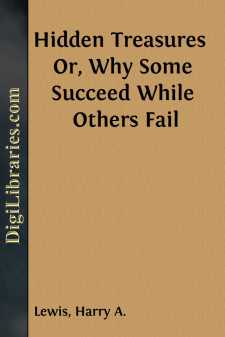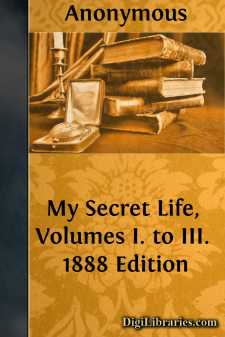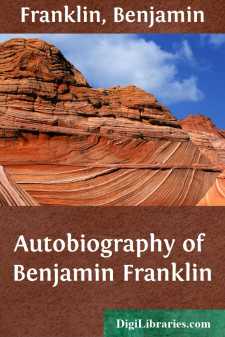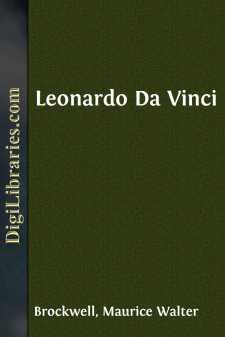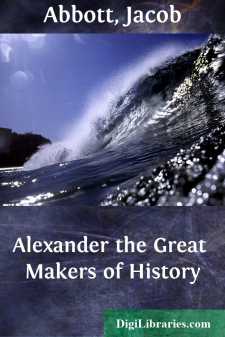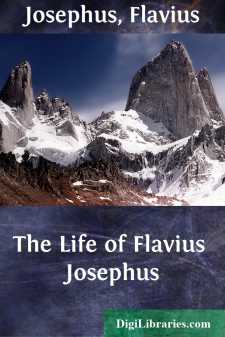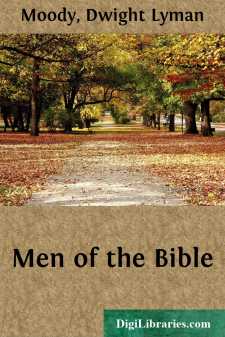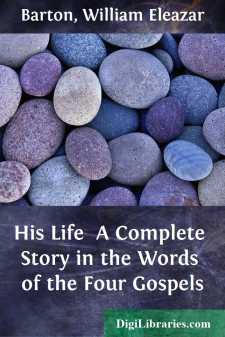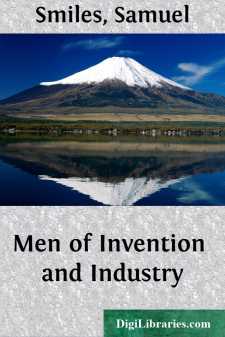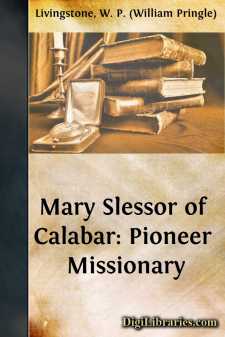Biography & Autobiography
- Adventurers & Explorers 15
- Artists, Architects, Photographers 16
- Business 2
- Composers & Musicians 14
- Criminals & Outlaws 5
- Editors, Journalists, Publishers 6
- Educators 1
- Entertainment & Performing Arts 3
- General 73
- Health, Exercise & Fitness 1
- Historians 3
- Historical 83
- Law Enforcement 1
- Lawyers & Judges 3
- Literary 147
- Medical 7
- Military 48
- Naturalists, Gardeners, Environmentalists 8
- Personal Memoirs & Diaries 226
- Philosophers 3
- Political 9
- Presidents & Heads of State 38
- Religious 38
- Rich & Famous 27
- Scientists 13
- Women 31
Biography & Autobiography Books
Sort by:
by:
Harry A. Lewis
Some succeed while others fail. This is a recognized fact; yet history tells us that seven-tenths of our most successful men began life poor. As our title indicates, we shall endeavor to show "why some succeed while others fail." Knowing that everybody desires success, and recognizing the old adage, "Example is the best of teachers," we have selected representative characters from the...
more...
by:
Anonymous
PREFACE I began these memoirs when about twenty-five years old, having from youth kept a diary of some sort, which perhaps from habit made me think of recording my inner and secret life. When I began it, I had scarcely read a baudy book, none of which excepting "Fanny Hill" appeared to me to be truthful, that did, and it does so still; the others telling of recherche eroticisms, or of...
more...
E Americans devour eagerly any piece of writing that purports to tell us the secret of success in life; yet how often we are disappointed to find nothing but commonplace statements, or receipts that we know by heart but never follow. Most of the life stories of our famous and successful men fail to inspire because they lack the human element that makes the record real and brings the story within our...
more...
HIS BIRTH Leonardo Da Vinci, the many-sided genius of the Italian Renaissance, was born, as his name implies, at the little town of Vinci, which is about six miles from Empoli and twenty miles west of Florence. Vinci is still very inaccessible, and the only means of conveyance is the cart of a general carrier and postman, who sets out on his journey from Empoli at sunrise and sunset. Outside a house in...
more...
by:
Jacob Abbott
His Childhood and Youth. B.C. 356-336The briefness of Alexander's career.Alexander the Great died when he was quite young. He was but thirty-two years of age when he ended his career, and as he was about twenty when he commenced it, it was only for a period of twelve years that he was actually engaged in performing the work of his life. Napoleon was nearly three times as long on the great field of...
more...
by:
Flavius Josephus
1. The family from which I am derived is not an ignoble one, but hath descended all along from the priests; and as nobility among several people is of a different origin, so with us to be of the sacerdotal dignity, is an indication of the splendor of a family. Now, I am not only sprung from a sacerdotal family in general, but from the first of the twenty-four courses; and as among us there is not only...
more...
ABRAHAM’S FOUR SURRENDERS A great many people are afraid of the will of God, and yet I believe that one of the sweetest lessons that we can learn in the school of Christ is the surrender of our wills to God, letting Him plan for us and rule our lives. If I know my own mind, if an angel should come from the throne of God and tell me that I could have my will done the rest of my days on earth, and that...
more...
THE DIVINE ANNOUNCINGS The Word Made Flesh. In the beginning was the Word, and the Word was with God, and the Word was God. The same was in the beginning with God. All things were made through him; and without him was not anything made that hath been made. In him was life; and the life was the light of men. And the light shineth in the darkness; and the darkness apprehended it not. There came a man,...
more...
by:
Samuel Smiles
CHAPTER I. "A speck in the Northern Ocean, with a rocky coast, an ungenial climate, and a soil scarcely fruitful,—this was the material patrimony which descended to the English race—an inheritance that would have been little worth but for the inestimable moral gift that accompanied it. Yes; from Celts, Saxons, Danes, Normans—from some or all of them—have come down with English nationality a...
more...
I. SAVED BY FEAR When the founding of the Calabar Mission on the West Coast of Africa was creating a stir throughout Scotland, there came into a lowly home in Aberdeen a life that was to be known far and wide in connection with the enterprise. On December 2, 1848, Mary Mitchell Slessor was born in Gilcomston, a suburb of the city. Her father, Robert Slessor, belonged to Buchan, and was a shoemaker. Her...
more...


